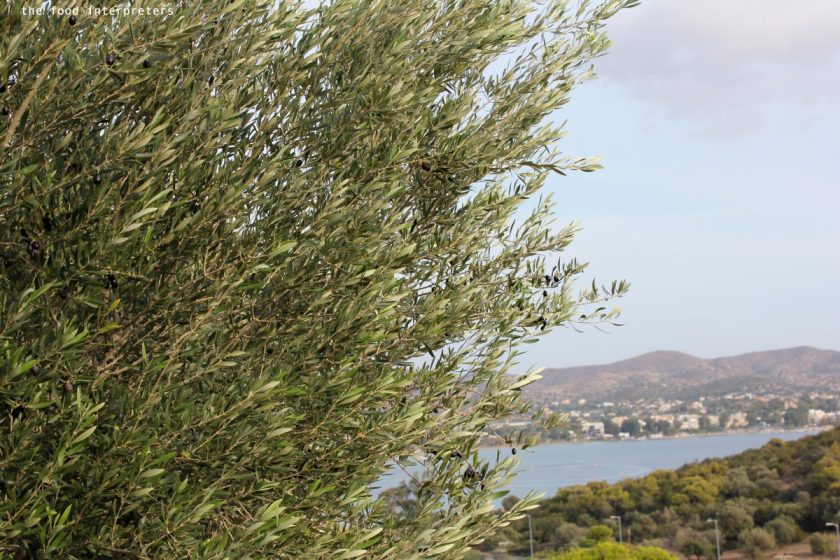The Lockdown GBTS Project
What can you do when in lockdown? Eat well. Ontop, as parents of a child in e-learning, we needed a decent amount of alcohol. I would say that the occupation around food and drink became something of a modest obsession..All that had consequences. When going back to a somewhat more normal routine you notice that clothes don’t quite fit ( I had the impression that my pants upper button would launch and hit somebody in the eye or knock a person dead). When running the familiar route around the hill I began making concessions to the steep parts, accelerating only when another runner appeared.. So we had to face the simple fact: we gained weight! For my part I even considered doing nothing about it, and spending the rest of my life with the extra kilos. Then again, perhaps not. I fantasized journeys that you travel easiest when lean and fitting in my wetsuit. Our problem is that we don’t like diets (who does..) . Our assumption is that even if we stuck to a diet for a period, we would slip into the previous habits without thinking much. So we decided to come up with some simple rules, …









